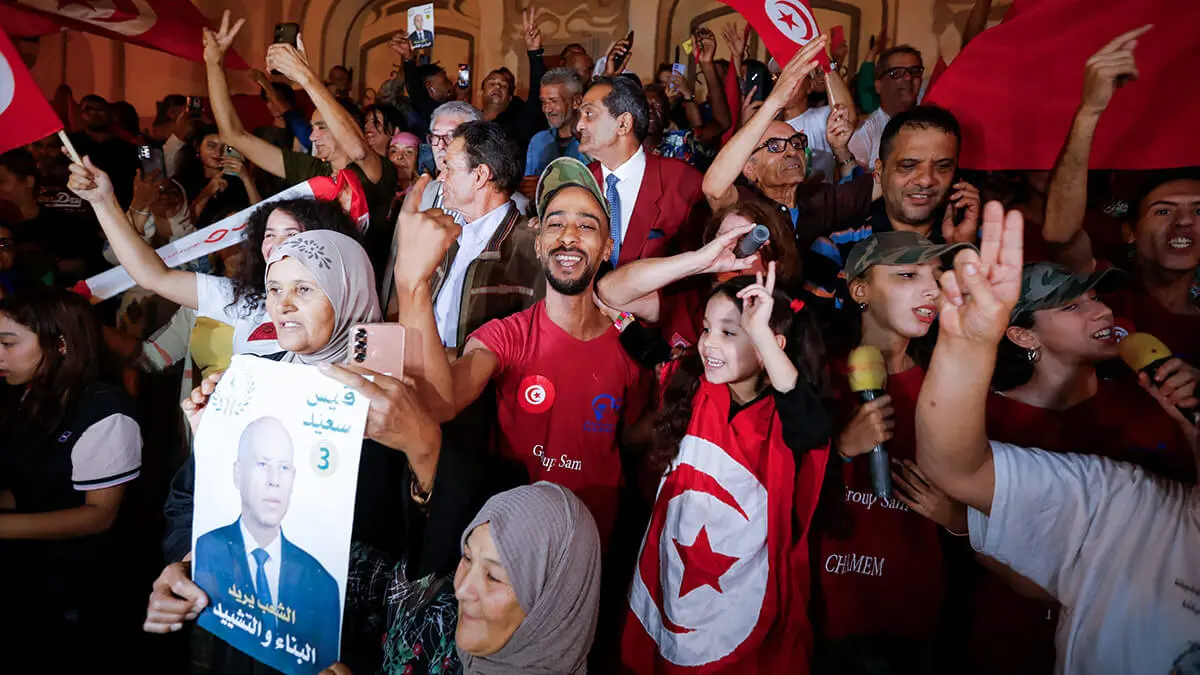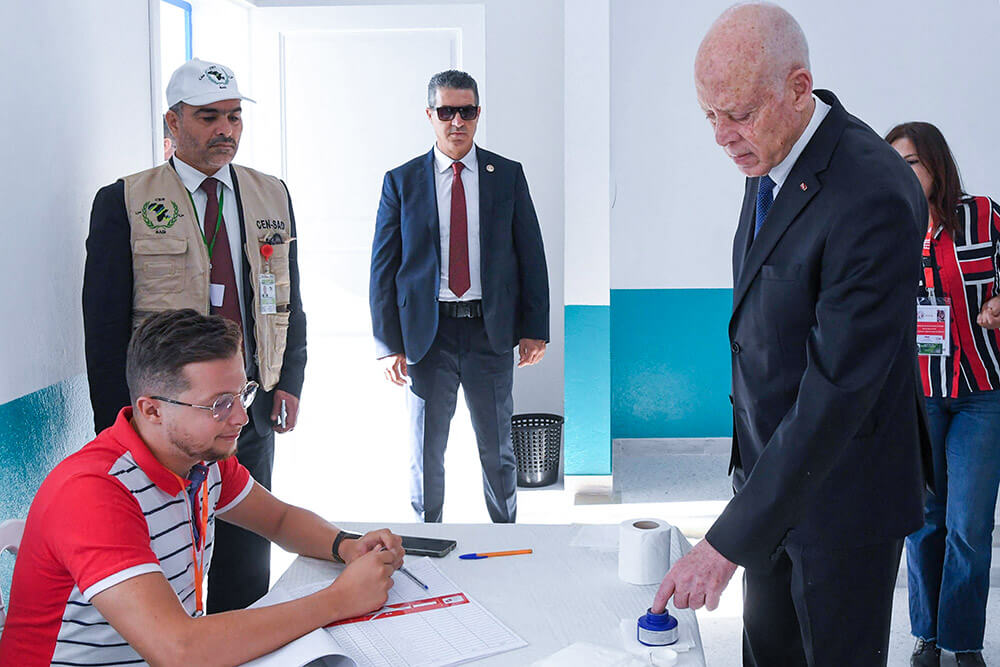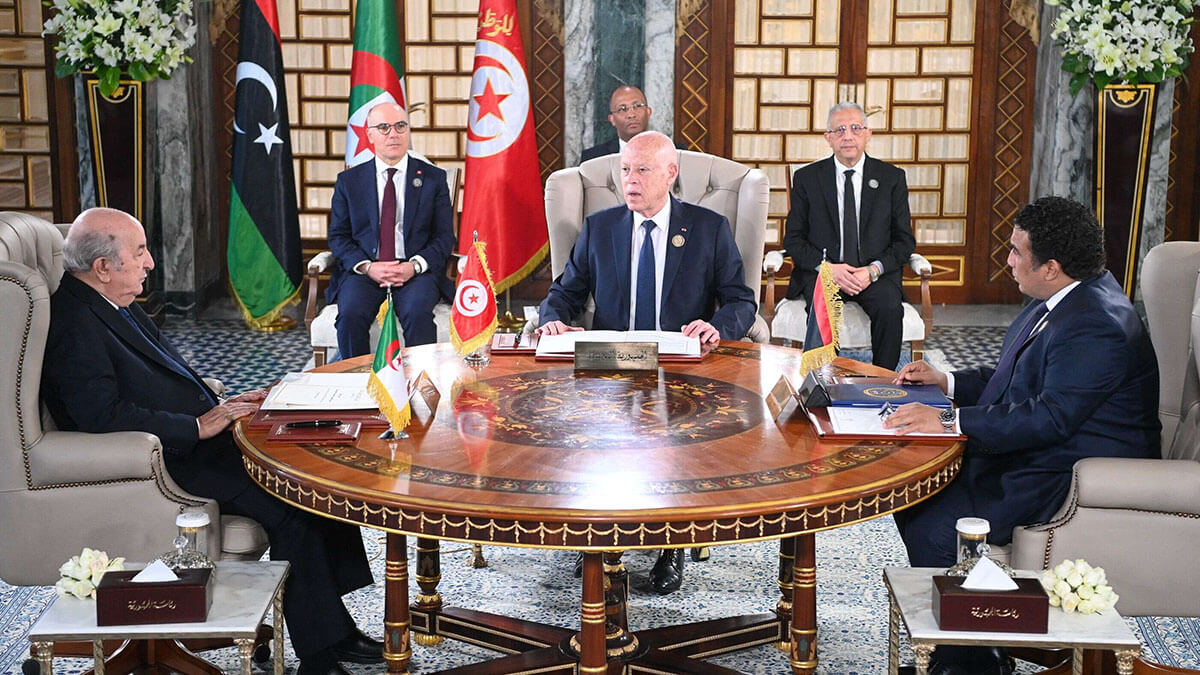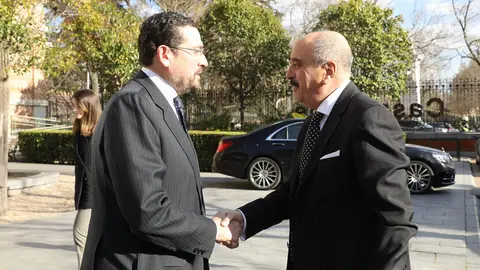Tunisia seeks financial and administrative renewal

Tunisian President Kais Saied has announced that new solutions are urgently needed to revitalise public financing in light of the economic and financial crisis the country is going through.
The Tunisian head of state stressed that this process must be carried out while respecting national sovereignty, self-sufficiency and independence, and without resorting to external tutelage or dependence, party systems and loyalty to power, as has been the case in previous years.
This comes after the approval of financial support of up to 500 million euros for Tunisia from the European Union (EU), shared with the International Monetary Fund (IMF), which already extended its 2.9 billion dollar support package at the end of May. The details of the Union's macro-financial assistance stipulate that it will be available for two and a half years and will be disbursed in the form of a loan in three instalments. In addition, the World Bank (WB) will launch health projects starting this year to improve public health in the North African country.

This plan is aimed at financing the 2026 budgets, and experts and observers question the options available, bearing in mind that this is currently done through implementation and loans. New avenues could include foreign investment payments, adapting the fiscal sector to the laws that govern it, and promoting public-private cooperation. In addition, the thinking behind the strategies must be innovative and creative in order to move from a consumer society to one focused on wealth creation and investment.
The country's leader outlined the guidelines for next year's project during his meeting at the Carthage Palace with Prime Minister Sarah Al-Zafarani Al-Zanzri, Finance Minister Miskat Salama Al-Khaldi, and Economy and Planning Minister Samir Abdul Hafiz. According to the statement issued by the Tunisian Presidency, Kais Saied stressed the need for multidisciplinary and comprehensive solutions, especially at the social level, that are definitively aimed at breaking with previous options, going beyond the numerical and highlighting the financial options available to the people.
This project is inspired by the results of the sessions held between members of local and regional councils with a focus on national and regional development, which goes beyond the implementation of official texts and remains in the minds and thoughts of the people. Tunisians and women are now leading the new path of justice, security and stability that will lift the country through legislative and administrative reform, destroy the circles of poverty and exclusion, and activate the economy in the public and private sectors.

Economics professor Reda Al-Shakandali stated that it is effective to hold a dialogue between specialists and bodies to find a way to finance budgets, as well as to opt for own revenue collection and internal and external loans as means to create wealth and finance investments. On the other hand, according to political analyst Al-Munther Thabet, new solutions must be financed through investment and legislation, as well as being based on reducing public spending. He also stated that inflation and resources from loans must be controlled.
The partnership with the Government Palace in the Qasbah, a financial ministerial council, highlights the strategic nature of the 2026 State Finance and Budget Law as a public, economic and social policy tool for the State, balancing economic growth and social justice, in line with the 2026-2030 development plan. These measures thus demonstrate the government's renewed vision and orientation, aimed at strengthening the state and social justice and improving fiscal justice, all with a view to adapting the construction phase that will enshrine Tunisia's openness and its role as a development actor in its various regional and continental dimensions.
With a strong leader such as Kais Saied in the presidency, now firmly in power, a ‘new Tunisia’ is emerging, where the control of state institutions is being extended to the economic and social situation. Observers stress that the country remains in a tense situation where debt remains the only means of survival for Tunisian citizens and where the cost of living continues to rise. It remains to be seen whether the measures will improve the country's economic situation and make the development objectives that reflect the social priorities of Tunisian society viable.










